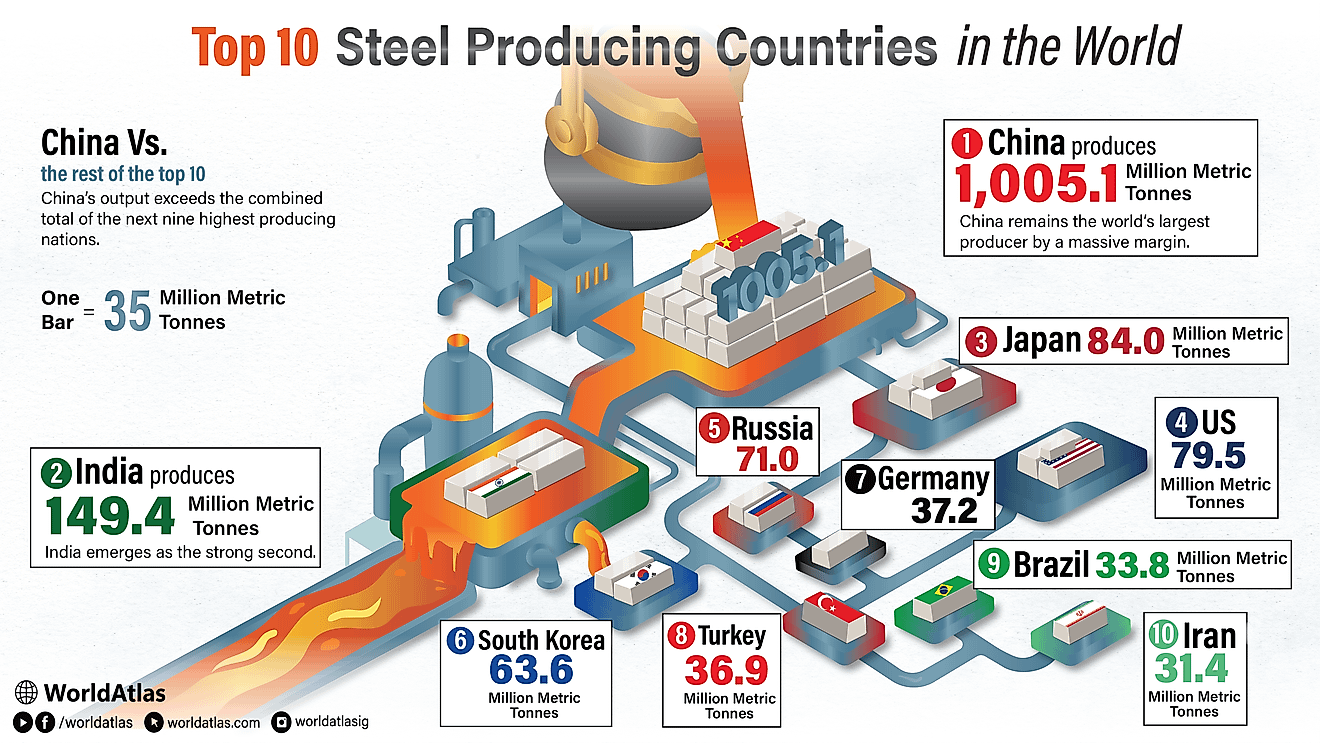The Biggest Industries In Angola

Angola is a country located in the west-coast of South-Central Africa and shares a border with Namibia, the DRC, Zambia, and the Atlantic Ocean. It is Africa’s 7th largest country and the 23rd largest in the world, covering an area of approximately 481,400 square miles. Angola’s largest and capital city is Luanda. The country has a population of approximately 24.4 million people, with the majority of the population being the Ovimbundu. Angola is a member of several international bodies including the United Nations, African Union, OPEC, Community of Portuguese Language, and SADC.
Overview Of The Economy Of Angola
Angola as abundant mineral and oil reserves and has one of the fastest growing economies in Africa. The economy is still on the recovery path after close to three decades of civil war that plagued the country after independence in 1975 to 2002. Since then, the country has worked to repair and improve the infrastructure and sustain a stable political environment. Between 2001 and 2010, the economy of Angola reported annual GDP growth of 11.1%. However, despite the high rate of economic growth and extensive natural resources, the living standard for the majority of the population is still very low. Life expectancy is also one of the world’s lowest while infant mortality is very high. The low standard of living and widespread poverty is attributed to public-sector mismanagement and corruption, especially in the oil sector. Here are some of the biggest industries in Angola and their contribution to the growth of the economy.
Petroleum Industry
Angola is the major producer and exporter of petroleum in Sub-Saharan Africa. Over the past years, the country has been vying with Nigeria for the top spot in Africa crude oil production and firmly took the honors in the 2000s. Although Angola has been hit by falling oil prices, it still remains the top player in Africa’s petroleum industry. In 2007, it joined the Organization of Petroleum Countries. Angola’s impressive economic growth is mainly driven by the oil industry. Oil production and related activities contribute to approximately 50% of the country’s GDP and about 92% of the export. In 2004, oil sales generated US$1.7 billion in revenue and currently accounts for 80% of the government’s budget.
Diamond
The mining industry in Angola has great economic potential since the country has one of the most diversified mining resources in Africa. The country is endowed with mineral resources such as diamond, uranium, and iron ore. Angola is the 3rd largest producer of diamond and has the potential to become the largest producer since it has only explored 40% of the resource. Although diamond export from Angola was reported in the 18th century, the modern industrial mining of diamond begun in 1912 when some deposits were discovered in the Luanda region. The Diamang was granted a concession for diamond prospecting and mining in 1917, which it held until independence.
Agriculture
Angola is a highly potential agricultural-rich country, with rich fertile soil, about 57 million hectares of farmland, and a favorable climate. Of the total land in Angola, about 5 million hectares is considered arable land. Prior to independence, Angola was characterized by successful family-based farming system and was one of the main exporters of maize, coffee, cassava, banana, tobacco, and sisal. The agricultural activities in the country were dealt a blow by the Angolan Civil War of 1975-2002. During this period, most farmers turned to subsistence farming. Commercial agriculture is an emerging sector in Angola with huge potential and opportunity.
Fishing
The fishery sector represents about 2% of the GDP of Angola and remains an important sector to the economy after oil and mining sector. Approximately 100,000 Angolans derive, directly or indirectly, their living from fisheries. Small-scale or artisanal fishing is the main source of livelihood and source of food for the large population in the coastal areas. Commercial fishing is mainly conducted by foreign fleets from Italy, Japan, and Spain. Before independence, fishing was a major growing industry in Angola, with an annual catch of more than 300,000 tons. However, the industry fell into disarray after independence and was unable to meet even the domestic demand. From 2002, the fishing industry has been expanding and is currently being modernized to increase efficiency and meet the local and international demand.











